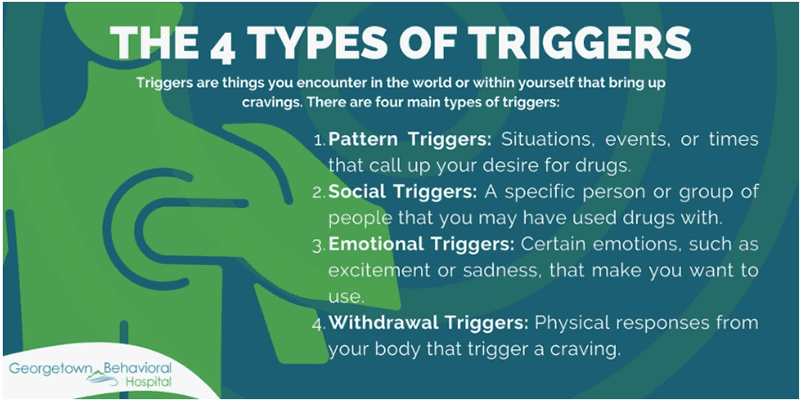How to Maintain Your Sobriety During Stressful Times

Everyone deals with stress at one time or another, and for individuals in recovery, stress and triggers can challenge one’s sobriety. Substance use is often a quick way to deal with stress, and while drugs and alcohol provide temporary pain relief, they can also inflict much harsher, long-term consequences.
You may be asking, “how else can I cope with stress?” Rebeca C. and Matthew H. share insight from their firsthand experience working with individuals who have substance use issues. As reentry program managers, they understand the strong correlation between stress and relapse. Learn different strategies they recommend to maintain your sobriety.
Strategies to Help You Cope With Stress
Meditation: This relaxing technique teaches you to focus on your breathing, and it can help you re-focus negative feelings and emotions to release stress.
Sleep: When you get a good night’s sleep, you tend to be in a better state of mind, and you are able to deal with difficult situations more effectively. It can be hard to turn off your mind, but enabling yourself to get adequate sleep will provide mental clarity to help make better decisions.
Support Network: Twelve-step programs, including AA and NA, spiritual leaders, friends, family members, and mentors are all great resources to help you manage stress and triggers. Support groups can provide a “judgment-free” environment and opportunities to educate yourself. Groups are often a safe place where you can talk about your struggles and get feedback from others. When you are struggling with a problem, it is important to address it. Hiding or keeping something stressful to yourself will lead to an increased desire to relapse. This is especially important during the recovery phase.
Exercise: Physical activity is proven to enhance your mood, release tension, and pump your adrenaline. It helps reduce stress, anxiety, pressure, and overwhelming feelings enabling you to foster a better state of mind. There are many options such as participating in a group class like yoga or kickboxing, walking, going to a gym, and doing fitness-focused videos.
Journaling: Journaling is a tool for self-reflection and a skill of self-awareness. Jotting down your thoughts can help you work through challenges, brainstorm solutions, and ultimately make better decisions.
Prioritize Goals: Sobriety is a significant step—one day at a time. The same motto can be applied to achieving your goals—focus on one goal at a time. Trying to accomplish too many things at once may slow down your overall progress and lead you feeling stuck or like you aren’t making progress on any plan. It’s helpful to set short- and long-term goals for yourself to measure your progress. If you need assistance, download our SMART (specific, measurable, achievable, realistic, and time-based) goals worksheet.
Hobbies: If you don’t already have a hobby, this may seem difficult to think about at first, but putting your energy into something you are passionate about is a great way to ease stress. It can also be a time for you to explore your more creative side. You do not have to pick the perfect hobby. You may need to try and few things to see what piques your interest.
Give Yourself Credit: Enjoy your accomplishments! Stop and reflect on the progress you have made. Every step you take is one closer to achieving your goal. This mindful task can also help you deal with stressful situations moving forward because you can see that you have moved in a positive direction.

Summary
Many factors contribute to stress, and if you do not identify the coping skills or strategies to manage your focus, you may be susceptible to relapse. It doesn’t matter what stage of recovery a person is currently in; stress will always be present. Find what works best for you, and make a commitment to integrate it into your daily routine.


